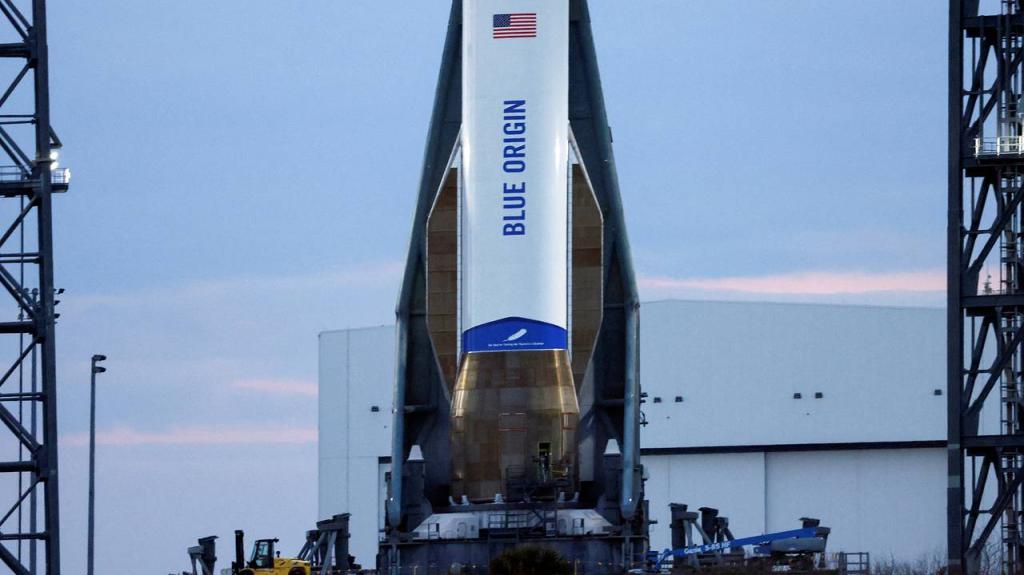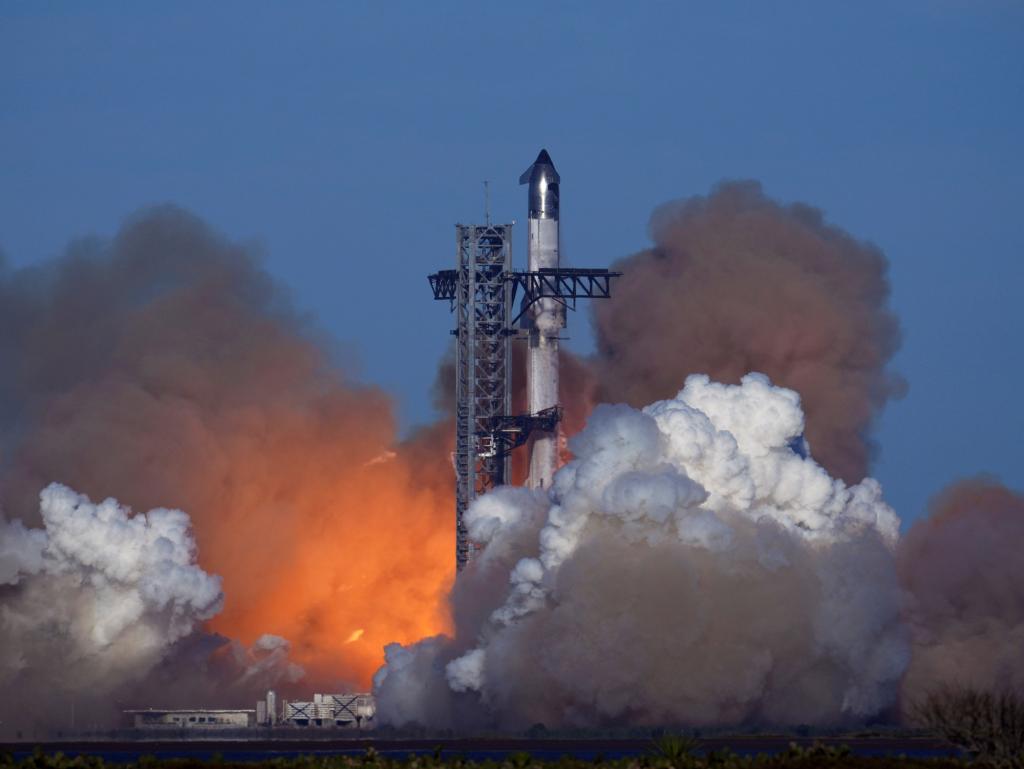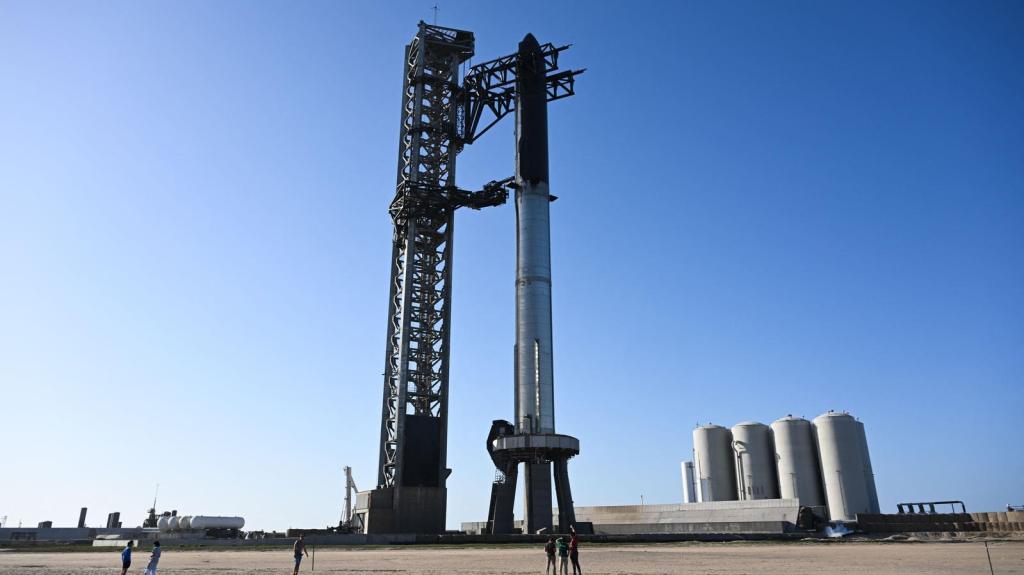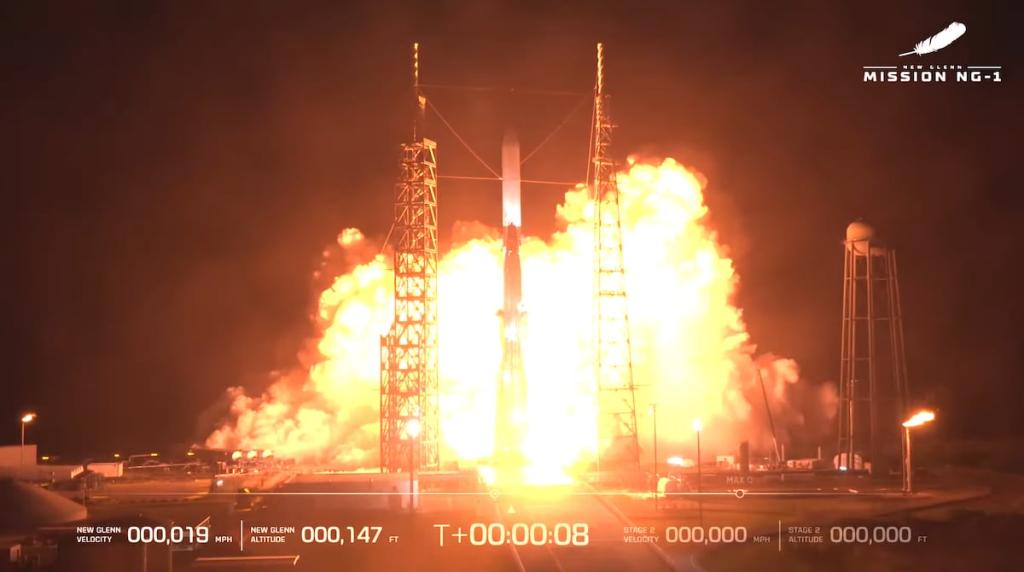Blue Origin's New Glenn Rocket: Overcoming Launch Challenges
Explore Blue Origin's New Glenn rocket journey as it faces technical challenges, showcasing the resilience and innovation of its dedicated team.
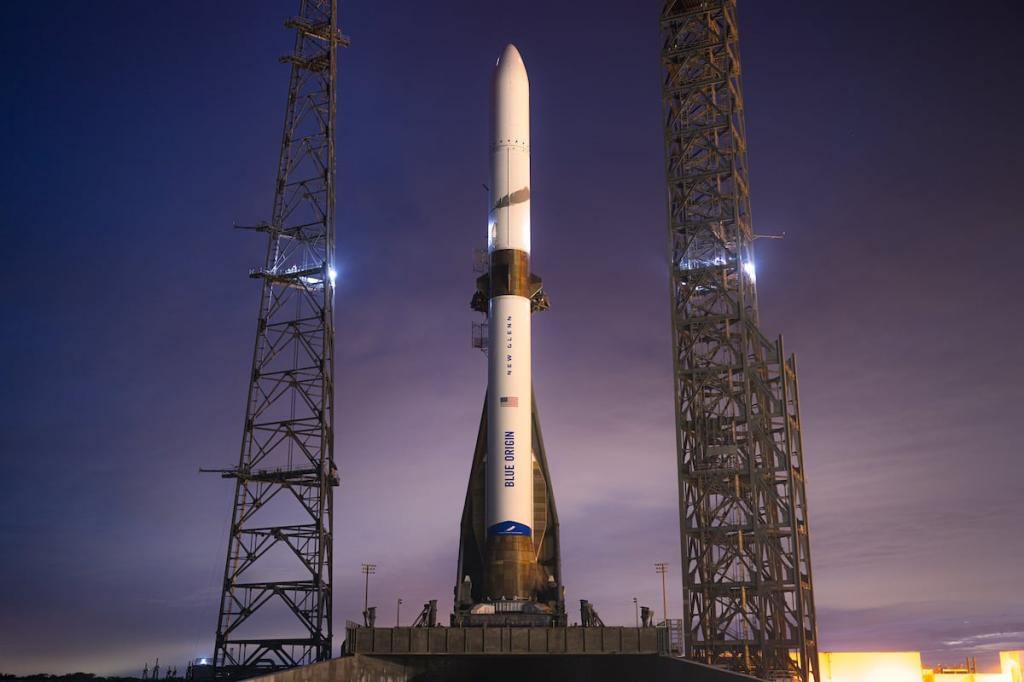
Key Points
- Blue Origin
's inaugural launch of the
New Glennrocket was postponed due to a vehicle subsystem issue, emphasizing the complexities of space exploration.
- Jeff Bezos
and the Blue Origin team remain committed to overcoming challenges, viewing each setback as an opportunity for learning and growth.
- The New Glenn rocket aims to revolutionize space travel with its reusable first stage, supporting future missions to the Moon and beyond.
In the ever-evolving landscape of space exploration, few names resonate as powerfully as that of Blue Origin, the brainchild of Amazon founder Jeff Bezos. Recently, the company faced a notable setback with the much-anticipated inaugural launch of its New Glenn rocket, which was nixed due to technical issues. This incident not only highlights the challenges inherent in aerospace endeavors but also underscores the resilience of the teams dedicated to making space travel more accessible.
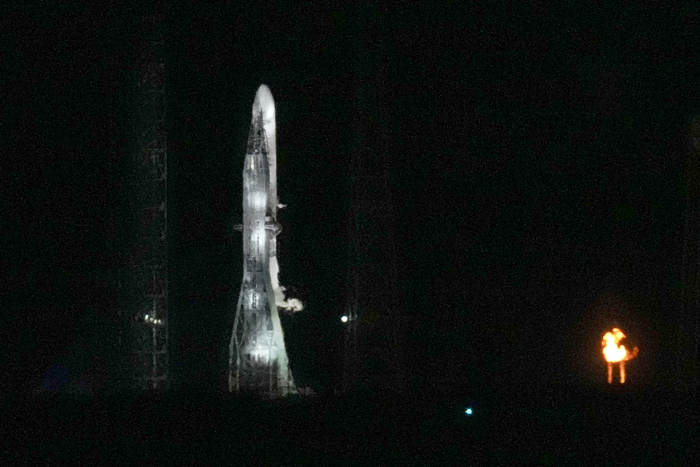
The Background of New Glenn
New Glenn is a monumental vehicle in the realm of rocketry, standing at an impressive 98 meters tall. This two-stage rocket is designed to boast a capacity of 45 tons to low Earth orbit, making it a formidable contender against
's Falcon rockets. As Blue Origin aims to carve out a significant slice of the commercial launch market, New Glenn represents a bold leap forward.
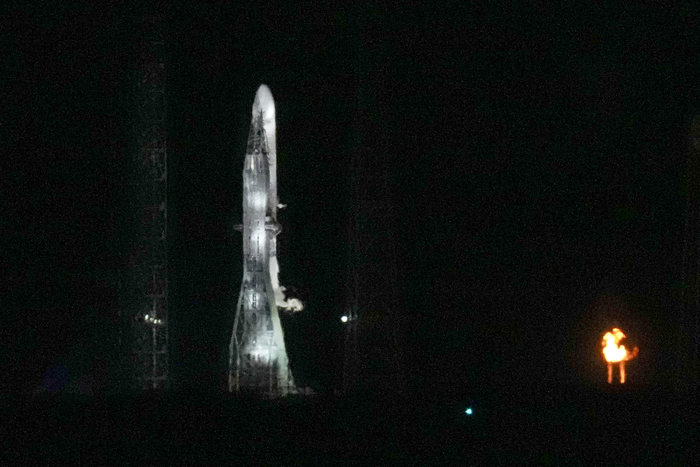
Setbacks and Learning Opportunities
The excitement surrounding New Glenn was palpable as the launch approached, with live broadcasts leading up to what was expected to be a historical moment. Yet, in a series of unfortunate events, the rocket launch was halted on the countdown day due to a "vehicle subsystem issue". This setback serves as a reminder that space exploration is fraught with uncertainties.
No launch date has been established yet, as Blue Origin is committed to thoroughly troubleshooting the issues before proceeding. In previous attempts, the company had already faced delays due to rough seas impacting their landing strategy. Blue Origin’s ambition to recover the first-stage booster on a floating platform in the Atlantic emphasizes their aim for partial reusability, a critical factor in reducing launch costs.
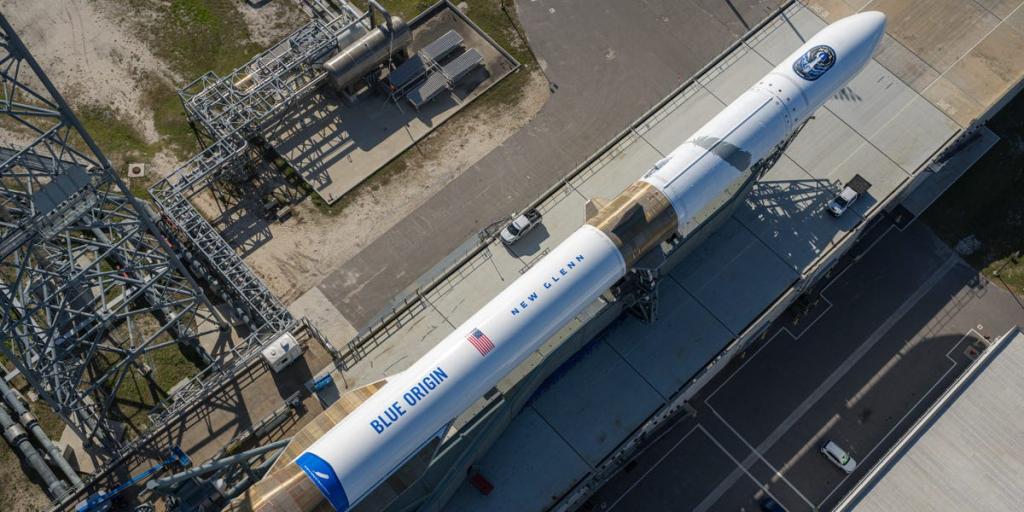
Resilience in the Face of Adversity
Jeff Bezos, during the countdown proceedings, expressed a forward-thinking mentality, stating, “We’re going to pick ourselves up and keep going”. This attitude highlights the very essence of innovation and entrepreneurship: learning from failures and applying those lessons for future success.
Blue Origin's dedication to safety and meticulous preparation is evident, as Jarrett Jones, the vice president of the New Glenn project, acknowledged that there are some challenges that can only be tested in real flight conditions. The team's readiness to adapt and learn from this trial is crucial, as they strive to ultimately meet their ambitious goal: to make space travel more routine.
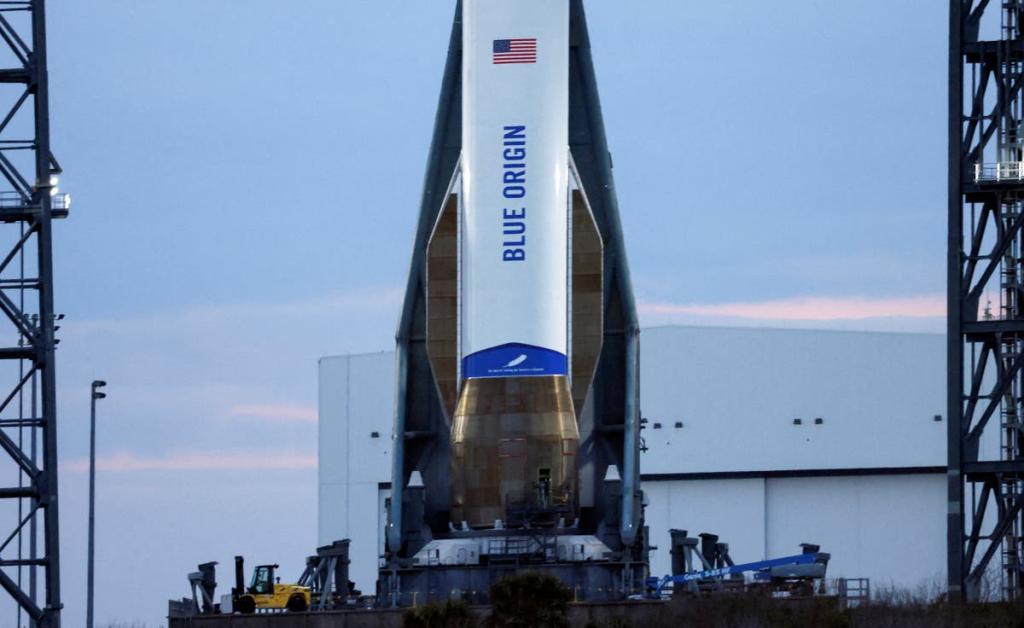
Looking Forward: The Future of Blue Origin
The road ahead for New Glenn and Blue Origin is challenging but not without promise. As they address the technical issues at hand, the potential for success looms large. Beyond merely launching payloads, the New Glenn is envisioned to participate in missions to the Moon, supporting upcoming lunar explorations. Blue Origin's aspirations to recreate the era of rapid space travel echoes through their ambitious plans, urging them to push past current hurdles.
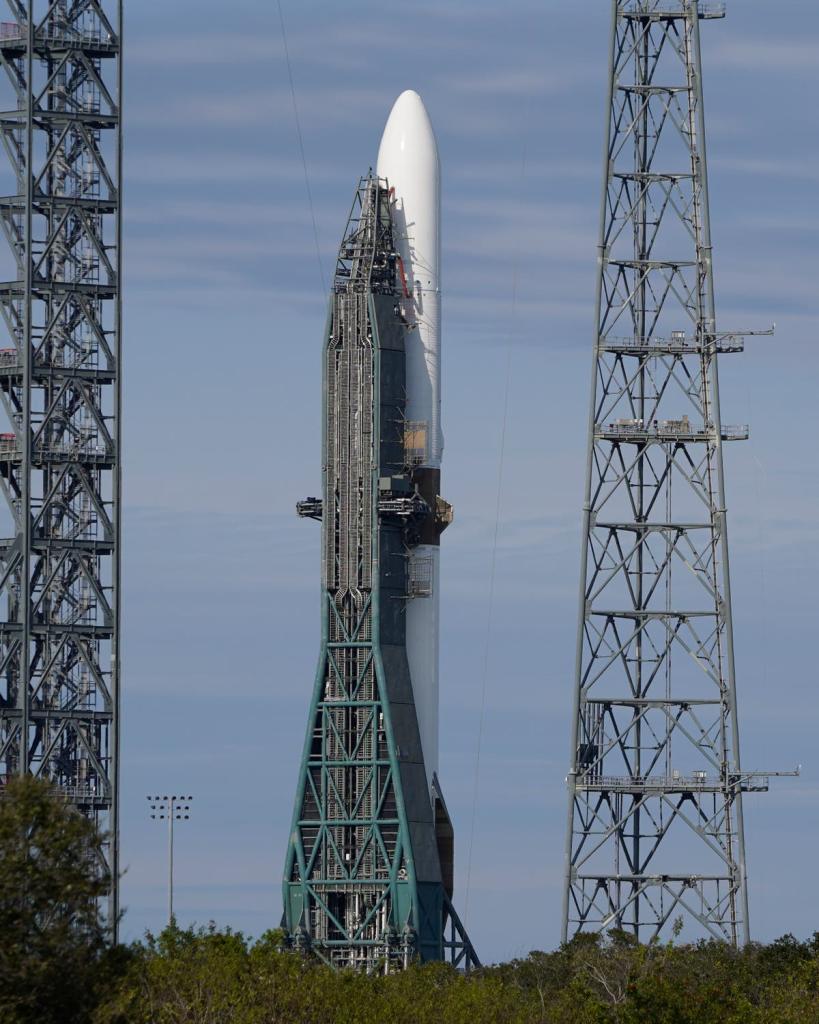
Blue Origin's journey is a testament to the complexities of aerospace engineering and the unwavering spirit of innovation. With the desire to progress and learn from each attempt, they remain committed to overcoming obstacles, aiming to not only catch up to competitors but to pave new paths in space travel.
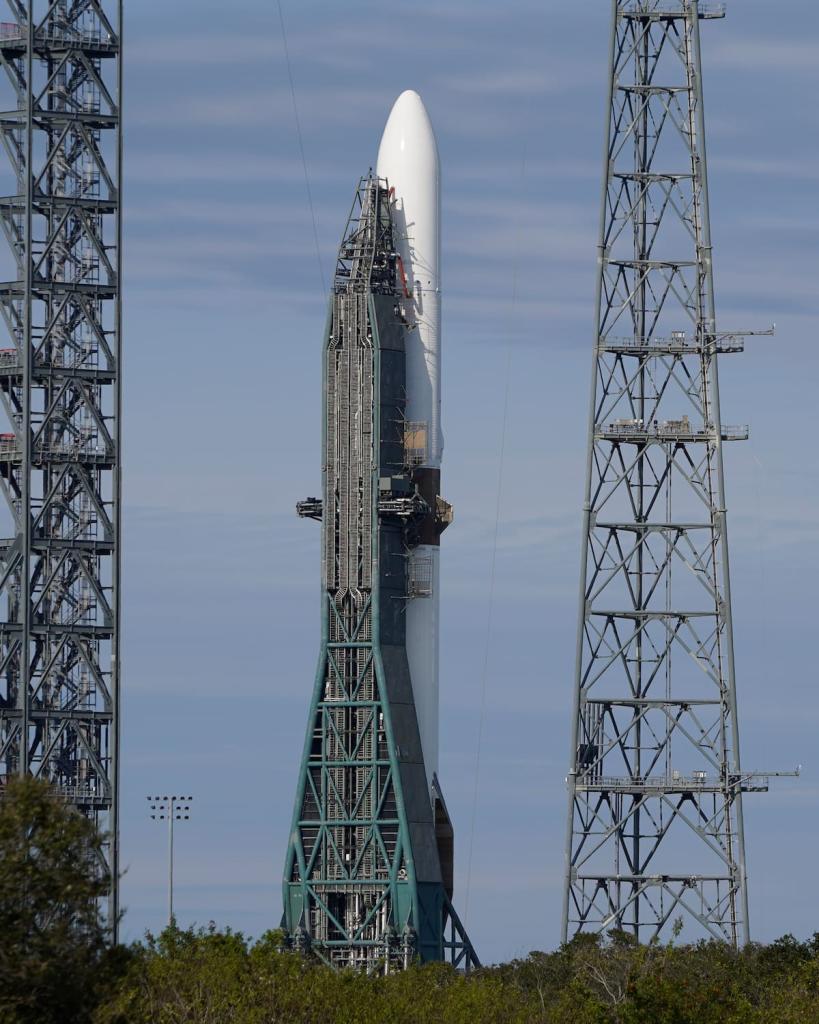
In navigating these setbacks, Blue Origin strengthens its foundation by fostering a culture of resilience and adaptability within its teams. Each challenge faced is an opportunity for growth and innovation, ensuring that the dream of routine space travel is not just an aspiration but an imminent reality.
